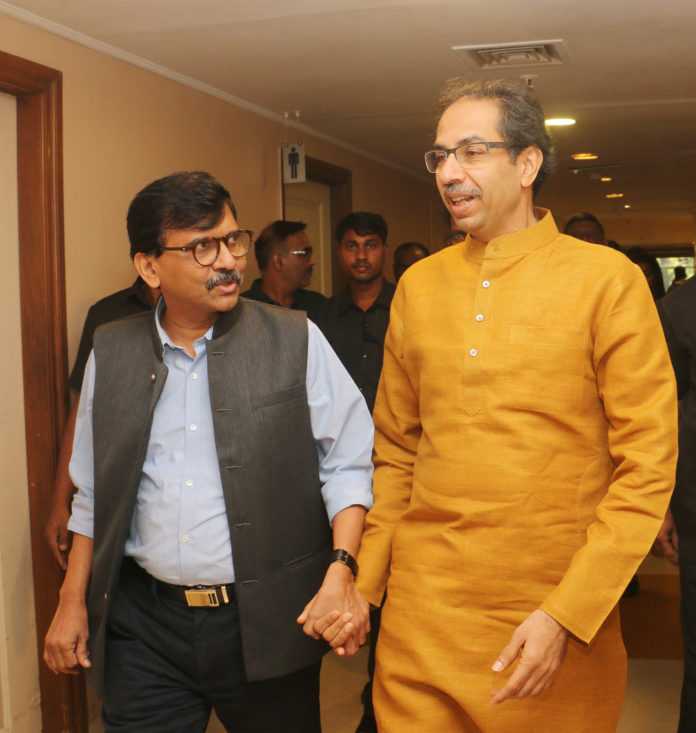
Politics is an art of negotiations and alliance-making. Many a times situational alliances need to be bridged with ideologically opposite parties putting major differences aside. Sometimes alliances with ideologically similar parties do work but not with ease. The art of negotiations hence is an important part of politics and men with negotiating qualities are known to be building blocks of political parties. In the contemporary political scenario of India in general and Maharashtra in particular, Sanjay Raut is one of such brilliant negotiators.
Sanjay Raut, who is a Member of the Parliament of India representing Maharashtra in the Rajya Sabha, the upper house of the Indian Parliament, is a devoted party leader. He has been overseeing the Marathi newspaper Saamna as its Executive Editor and through this journal he has been vocal about the issues of state politics.
Blessed with excellent skills of political negotiations and trained under the guidance of late leader Balasaheb Thackeray, Sanjay Raut has served as a clever negotiator for Shiv Sena so far. His clever play of political diplomacy in the post-Maharashtra state assembly polls show that he is the real ‘Chanakya’ of state politics. In the last couple of days, he has met some opposition leaders including NCP chief Sharad Pawar and has kept all ways open for Sena to become part of government formation. Through his frequent interactions with media and insistence on the Sena’s stand, he has kept BJP- its ally- under pressure.
Post-poll Maharashtra Scenario:
Post-2019 assembly poll Maharashtra has seen an unprecedented crisis-like situation. With BJP-Sena alliance winning 161 seats in 288-seats state assembly, but couldn’t yet form the government signifies deeper troubles. On one hand, BJP insists that as it is the party with largest numbers (105 MLAs), it has the claim over chair of Chief Ministerial position. On the other hand, its ally, Shiv Sena, asserts that as per the pre-poll deal, there must be 50-50 formula for power sharing in place.
Shiv Sena leader Sanjay Raut in his several press conferences has asserted Sena’s firm position. He has said that his party’s stand is clear and it is formula of 50-50 power-sharing where both parties would have their respective CM candidates on chair for 2.5 years each and all the portfolios will be equally distributed between the two parties. Though BJP’s oppose to this demand is obvious, Sanjay Raut’s claim is more rightful in nature.
Why Sanjay Raut’s voice is the voice of all the regional parties in India and it strengthens the voice of Indian Federalism?
Sanjay Raut and Shiv Sena’s struggle for power sharing is not only the struggle of an individual regional party. But it is in fact the struggle for all the regional parties of Indian Union to keep federalism alive. India is a Union with quasi-federal structure, where 28 states have constitutional autonomy. Regional parties, thus, are building blocks of this quasi-federal structure. They represent spirit of regional socio-economic goals where national parties have no reach.
Moreover equal power share with regional parties avoids creation of two centres of power of state administration as national party leaders in state don’t have full autonomy and they can’t take key decisions without concurring party high command at the national level.
Government formation in states with such regional parties and giving equal power share to them would in fact give these regional parties the experience of running the administration. And this exercise would eventually contribute to greater and wider representation and fulfills the true spirit of Indian democracy.




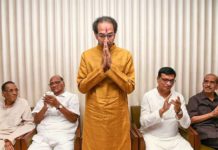



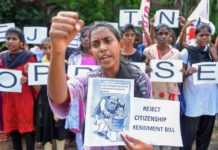
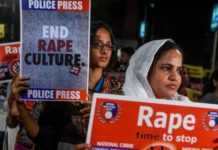


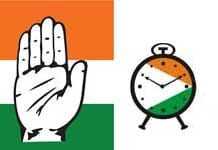
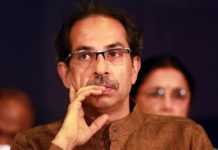
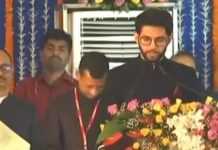

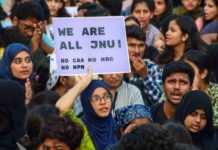





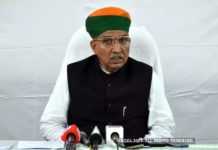
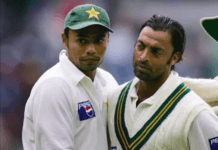

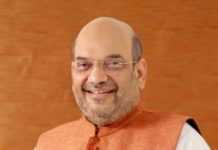
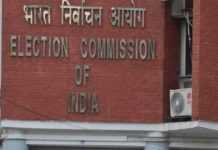
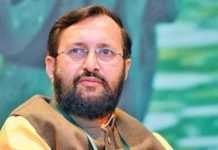



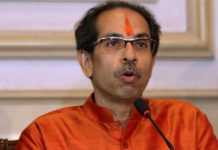
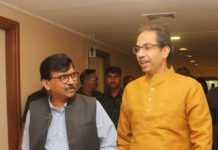


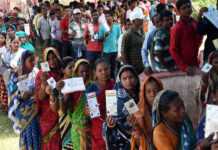
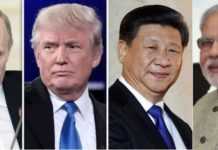
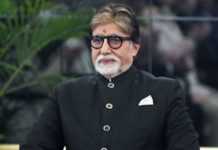


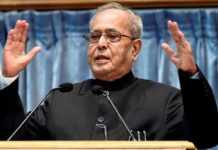
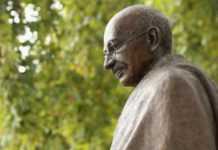



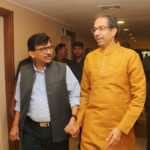












[…] You Just Simply Can’t Ignore Sanjay Raut […]
[…] You Just Simply Can’t Ignore Sanjay Raut […]
[…] You Just Simply Can’t Ignore Sanjay Raut […]